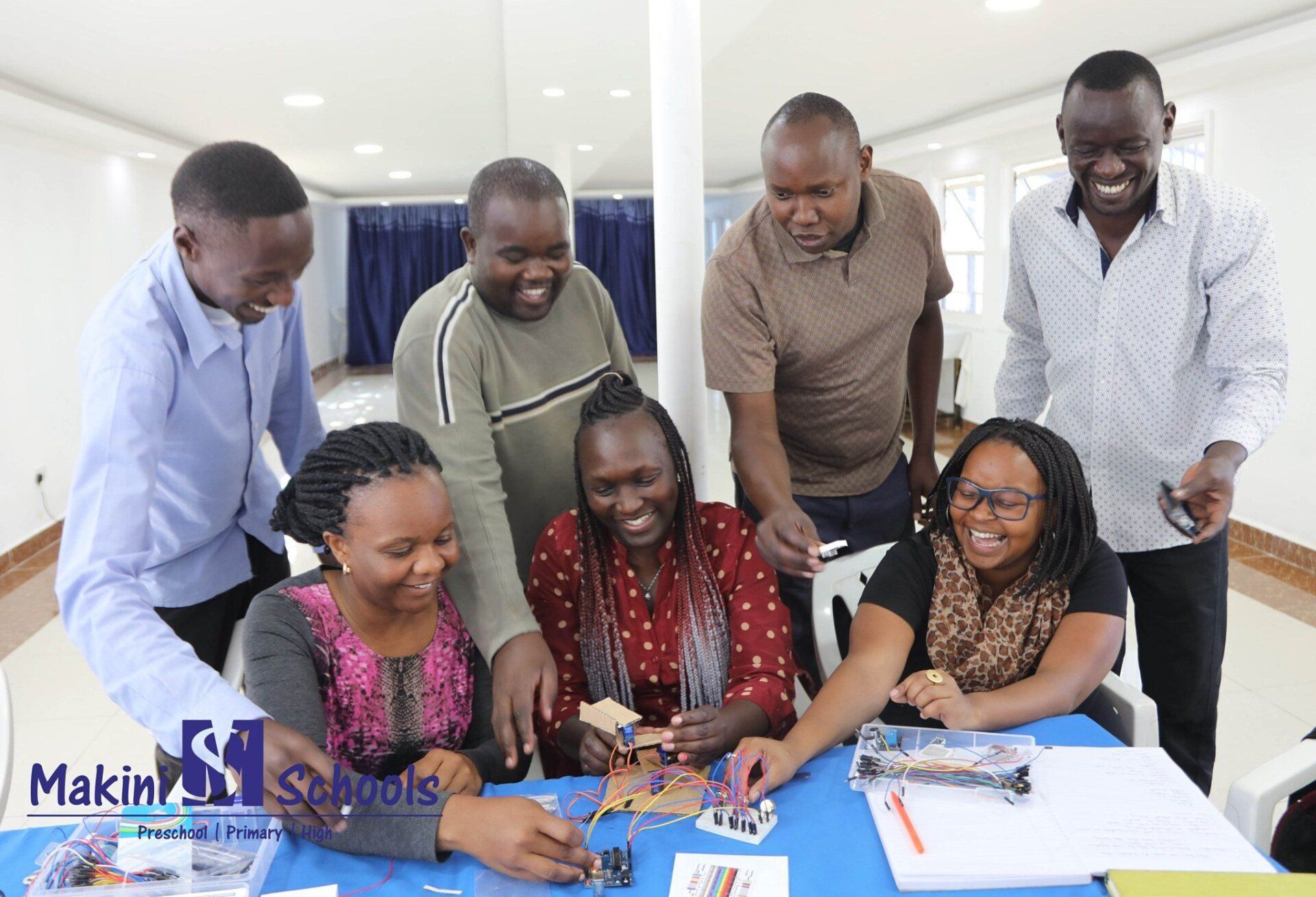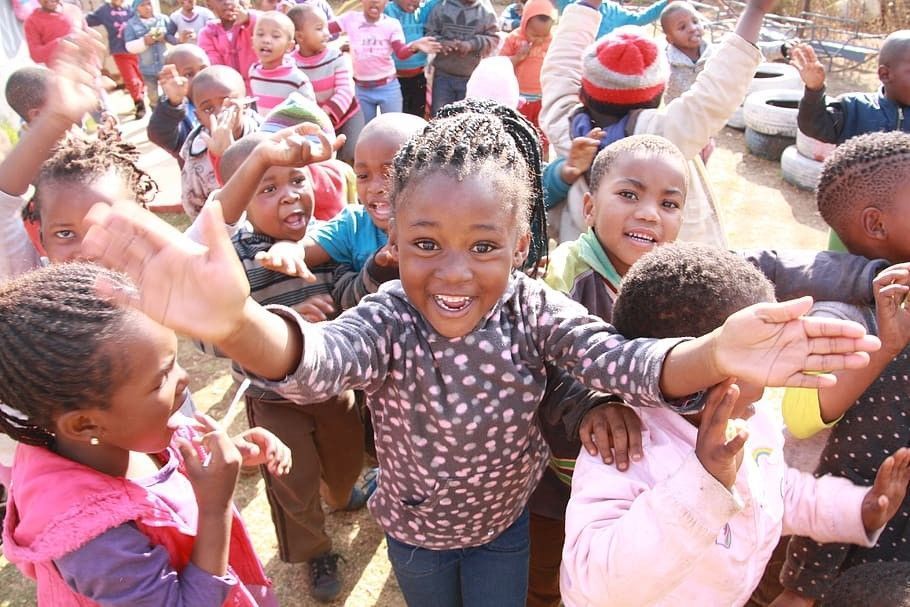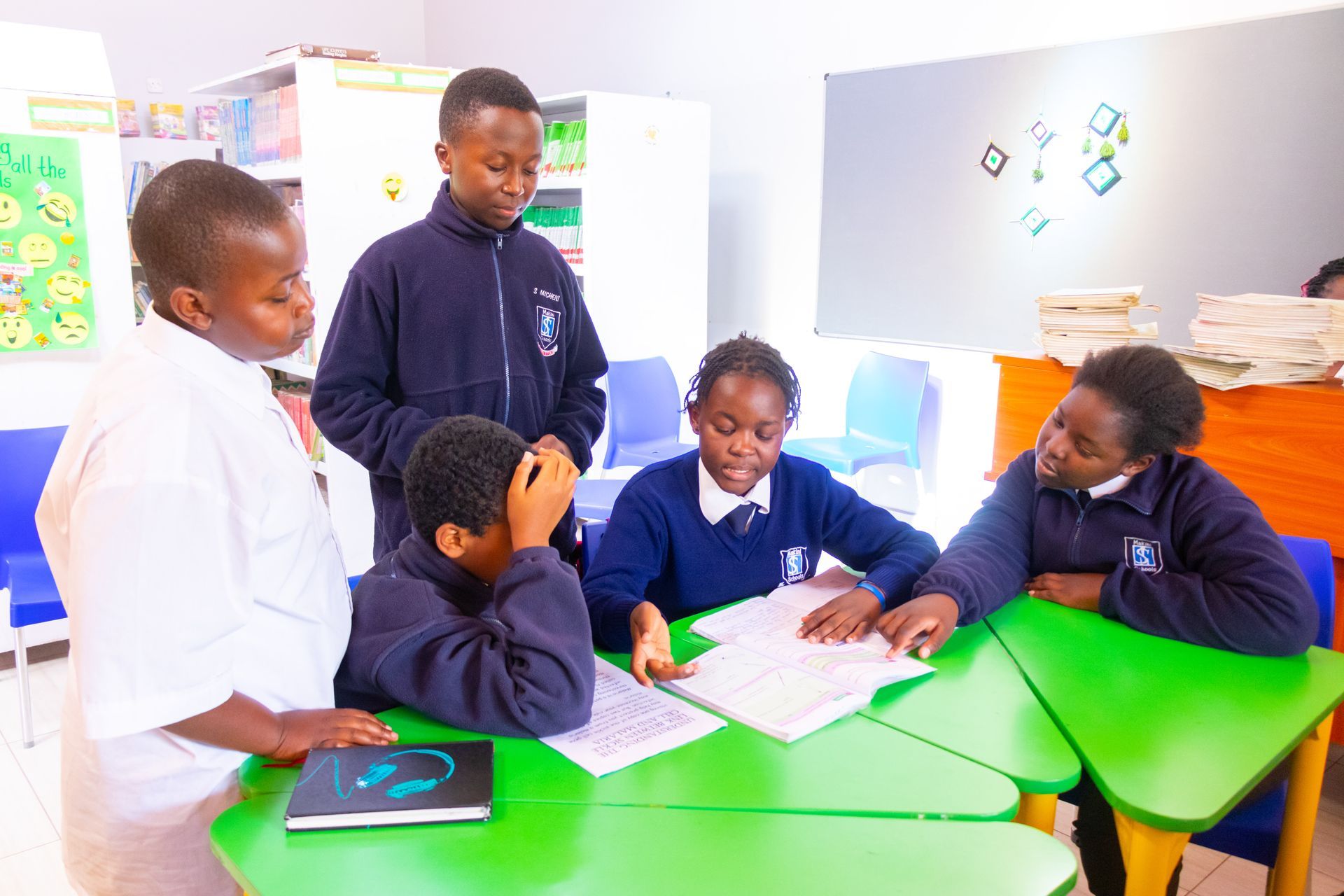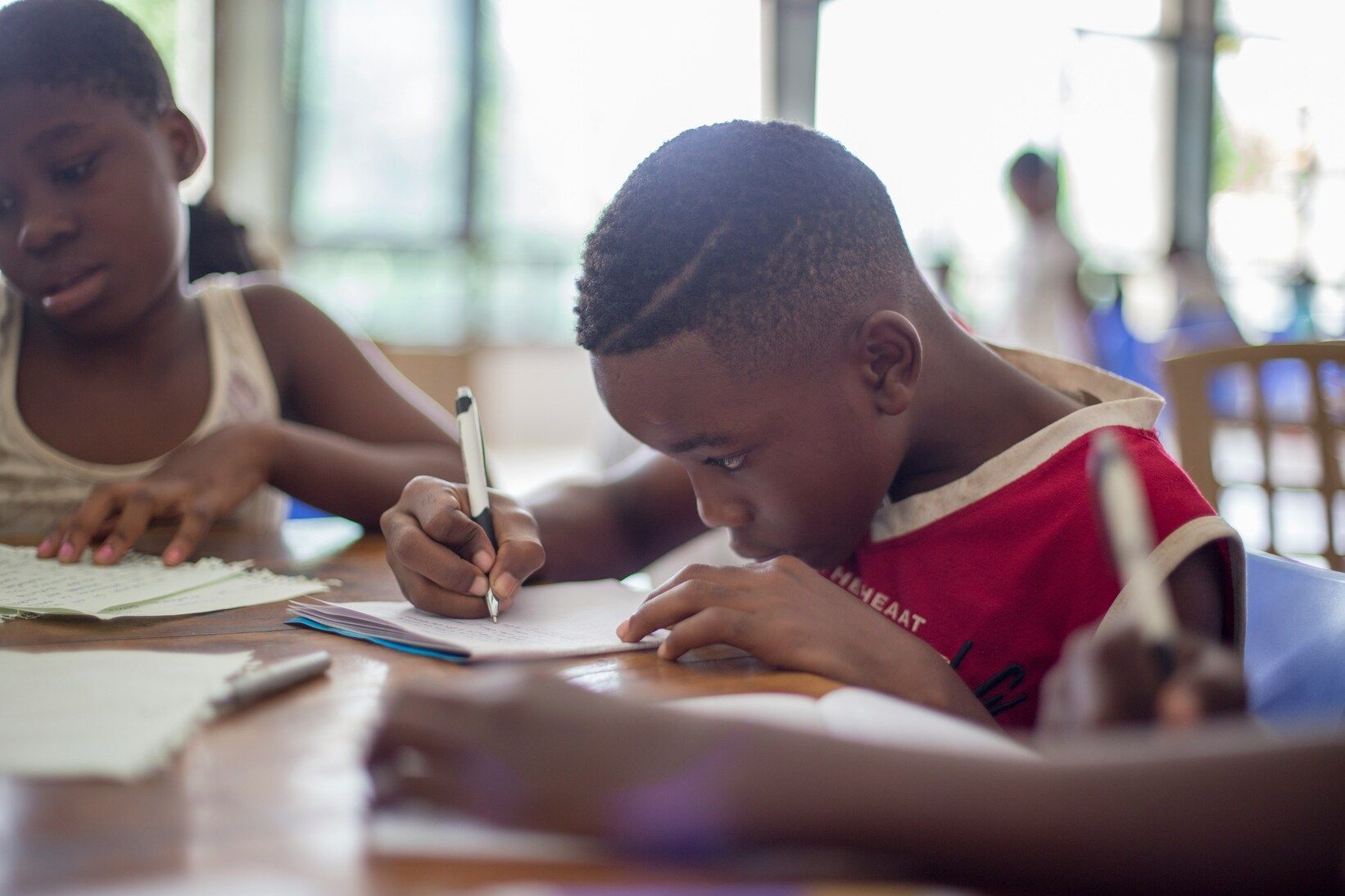The Impact of Teaching Chess in Primary Schools
In the quest to help our learners grow into bright and sharp minds, one timeless game is making a comeback: chess. This ancient game of strategy has more to offer than just checkmates. Teaching chess in school can accelerate cognitive development in learners, setting them on a path to success. Chess, as an educational tool, offers learners at Makini School many benefits. This makes it an indispensable addition our school curriculum.
The Impact of Chess on Cognitive Development
Chess is exercise for the brain. When learners play chess, it strengthens their cognitive abilities. Each move boosts a student's memory, concentration and problem-solving skills. The following are a few other skills students develop when learning chess:
- Problem Solving
Chess is all about finding a solution to a problem. When students play, they learn to analyse a situation, identify the problem and craft a solution. This skill is not just important for chess, it becomes useful when tackling school work and life's challenges. - Patience
In chess, you can't rush to victory. Students learn the power of patience as they carefully plan their moves and wait for the right moment to strike. This patience extends into their lives, helping them tackle challenges with diligence. - Spatial Awareness
Students are able to learn spatial awareness through a game of chess. They have to visualise moves and anticipate outcomes in their heads. This boosts their spatial skills, which are vital for STEM subjects. - Concentration
In the world of digital distractions, teaching learners chess is like giving them a mental shield. Chess requires deep focus and this concentration muscle can help them succeed in academics and life. - Sharp Memory
Every move in chess matters. This helps children improve their memory. They remember tactics, strategies, and past games, all of which can be a huge help in the classroom. - Boosted Confidence
Winning at chess and seeing their skills improve boosts a child's self-confidence. This newfound confidence extends to the classroom, encouraging them to participate more, ask questions and tackle challenges head-on. - Social Skills
Chess is not a solo game. Children play with friends or opponents and learn important social skills. They communicate, make decisions and learn to deal with both victory and defeat. - Emotional Intelligence
In chess, learners experience a range of emotions, from excitement to disappointment. Learning to handle these emotions gracefully is a valuable life lesson that can help them in relationships, work and everyday challenges.
- Global Perspective
Chess is a universal game that can connect children across cultures and countries, offering a global perspective and understanding.
In a world where people are inundated with a lot of content fighting for their short attention span, chess is that one game that requires one's full attention. It is a simple yet powerful tool to prepare Makini School learners for success.













